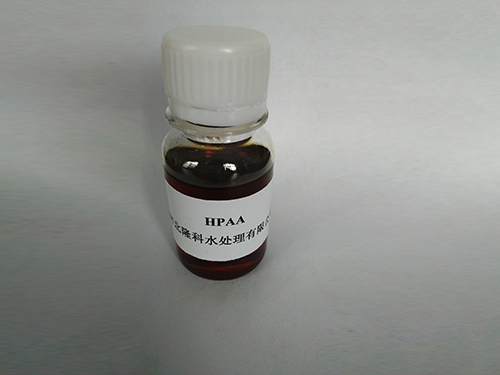scale and corrosion inhibitor chemicals
Scale and Corrosion Inhibitor Chemicals An Overview
The industrial sector relies heavily on water systems for processes such as cooling, heating, and the transportation of raw materials. However, these systems are often plagued by the persistent issues of scale formation and corrosion. Both problems can severely degrade equipment performance, lead to downtime, and ultimately increase operational costs. As a result, the use of scale and corrosion inhibitor chemicals has become essential for maintaining the integrity and efficiency of industrial water systems.
Scale formation occurs when dissolved minerals, primarily calcium and magnesium, precipitate out of water as it is heated or evaporated. This results in the accumulation of hard deposits on heat exchangers, pipes, and other surfaces, which can dramatically reduce heat transfer efficiency and flow rates. To combat this issue, scale inhibitors are employed. These chemicals work by interfering with the crystallization process of mineral salts, effectively keeping them suspended in the water and preventing them from settling on surfaces.
Corrosion is another significant concern in industrial water systems. It can be caused by various factors, including the presence of dissolved oxygen, chlorides, and low pH levels. When metals corrode, they not only lose structural integrity but can also release harmful metal ions into the surrounding environment, posing health and safety risks. To mitigate corrosion, industries often employ corrosion inhibitors. These chemicals form a protective film on the surface of metals, which significantly slows down the corrosion process and enhances the longevity of equipment.
scale and corrosion inhibitor chemicals

The selection of appropriate scale and corrosion inhibitors depends on various factors, such as the specific water chemistry, operating conditions, and the materials involved. Some common types of scale inhibitors include phosphonates, polyacrylates, and citric acid-based compounds, while common corrosion inhibitors include amines, nitrites, and molybdates. The effectiveness of these chemicals can be influenced by temperature, pressure, and the concentration of inhibitors in the system, necessitating careful monitoring and adjustment.
In addition to their application in water systems, scale and corrosion inhibitor chemicals also play a crucial role in industries such as oil and gas, manufacturing, and power generation. By using these chemicals effectively, companies can minimize maintenance costs, reduce energy consumption, and extend the lifespan of their equipment.
In conclusion, scale and corrosion inhibitor chemicals are vital to the efficient operation of industrial water systems. By preventing scale build-up and reducing corrosion, these chemicals help ensure the longevity and efficiency of essential equipment, ultimately contributing to overall process optimization and cost savings. As industries continue to evolve, the development of more effective and environmentally friendly inhibitors will remain a key focus in enhancing industrial performance and sustainability.
-
Water Treatment with Flocculant Water TreatmentNewsJun.12,2025
-
Polymaleic AnhydrideNewsJun.12,2025
-
Polyaspartic AcidNewsJun.12,2025
-
Enhance Industrial Processes with IsothiazolinonesNewsJun.12,2025
-
Enhance Industrial Processes with PBTCA SolutionsNewsJun.12,2025
-
Dodecyldimethylbenzylammonium Chloride SolutionsNewsJun.12,2025





